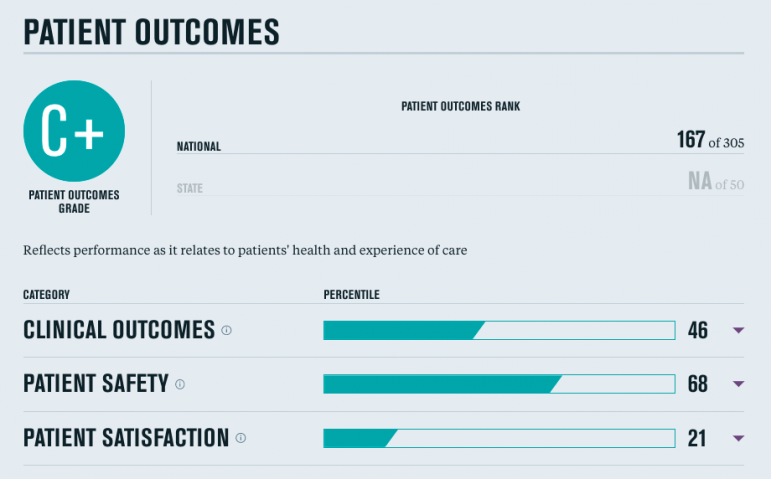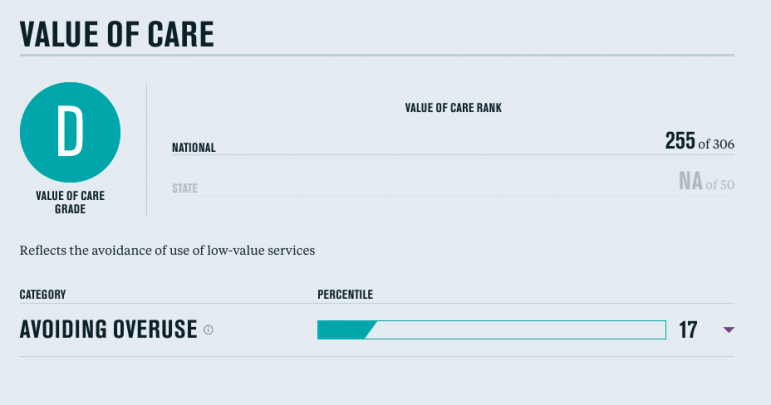Does higher hospital CEO compensation mean better quality?
Over the past year, hospitals have come under fire for continuing to pay their CEOs extremely high salaries even as they furloughed other workers and cut their pay. While some hospital executives took modest pay cuts for a few months to make up for financial losses, fewer than one-fifth of hospitals suspended CEO bonuses.
There’s nothing wrong with paying a hospital leader for doing a good job, especially in a crisis. But when compensation goes into the millions we have to ask, are we getting what we pay for?
For example, Sam Hazen, CEO of HCA Healthcare, the largest for-profit hospital system in the US, made $3.5 million in 2020 in performance incentives alone (that’s on top of a $1.3 million base salary). But that hefty “performance” bonus wasn’t based on his success at keeping patients and staff healthy and safe.
As Tara Bannow writes in Modern Healthcare, 80% of the performance bonuses for HCA executives are based on earnings alone. The other 20% is supposed to be based on quality metrics, but that doesn’t necessarily happen; if earnings are high enough, they boost the payouts from each quality metric, and if earnings are below 90% of the target, they don’t even count the quality metrics at all. The quality metrics might as well not exist for Hazen and other HCA execs.
HCA’s priorities come through when looking at their ranking on the Lown Institute Hospitals Index. In 2020 they received a C+ in patient outcomes and a D for avoiding overuse.


The Lown Institute Hospitals Index also ranks hospitals and systems on pay equity, based on how much more their executives were compensated compared to other health care workers without advanced degrees. The Index uses information from the Internal Revenue Service 990 forms, the Centers for Medicare and Medicaid, the Bureau of Labor Statistics, and public records for information on nonprofit hospitals’ executive compensation and median hospital worker wages in 2017. For hospitals that were part of a larger system, the Index allocates CEO revenue to that hospital based on its share of system revenue.
As one might expect, HCA does poorly on pay equity, ranking #256 out of 305 health systems. The typical hospital CEO in the HCA system made eight times the hourly rate of other workers without advanced degrees. Some HCA hospitals in the system had much much higher ratios, especially the large Florida hospitals (see table below)
| Hospital name | State | Hospital CEO salary | Total exec comp (including system CEO) | Ratio of exec comp to worker wage |
| GULF COAST REGIONAL MEDICAL CENTER | FL | $1,384,110 | $1,507,462 | 20.73 |
| PLANTATION GENERAL HOSPITAL | FL | $2,036,635 | $2,262,660 | 20.99 |
| KENDALL REGIONAL MEDICAL CENTER | FL | $2,067,393 | $2,298,139 | 21.40 |
| NORTH FLORIDA REGIONAL MEDICAL CENTER | FL | $2,269,603 | $2,531,124 | 23.34 |
| METHODIST HOSPITAL | TX | $2,251,135 | $2,839,485 | 26.74 |
| JFK MEDICAL CENTER | FL | $2,714,616 | $3,042,269 | 28.88 |
Looking at HCA’s ranking and executive compensation policies, it’s easy to see where their priorities lie. They have no incentives to keep their staff and patients safe during a pandemic; in fact, there are many incentives for executives to cut staffing to unsafe levels.
However, the pattern of rising CEO pay is not limited to large for-profit systems. From 2005 to 2015, the average compensation of major nonprofit hospital executives rose by 93%, from 0.9 million to 1.7 million, while mean hospital worker wages increased by 8 percent. Nonprofit hospital executives are an outlier among nonprofits when it comes to compensation. A 2015 report from the Economic Research Institute found that the average CEO pay in most nonprofit industries was around $100,000- $200,000. The only exceptions were university CEOs, who were paid an average of $260,000, and hospital CEOs, who were paid an average of $616,000.
Which hospitals are providing quality to match their executive compensation? Compare the metrics for yourself at the Lown Institute Hospitals Index!
